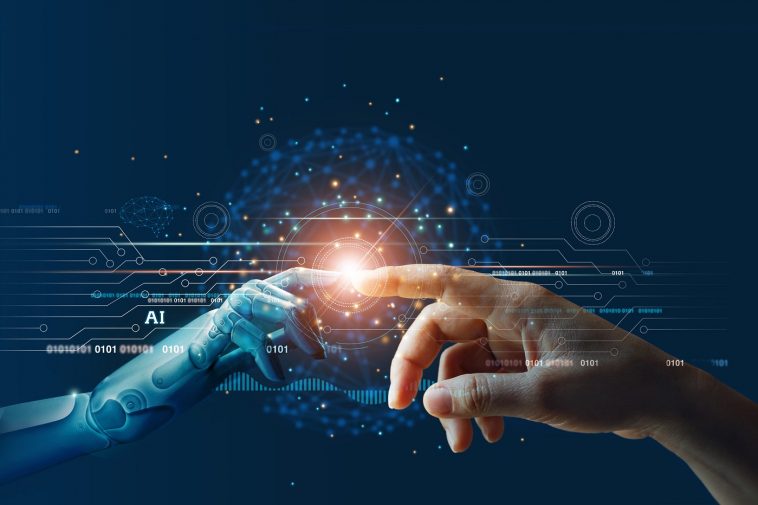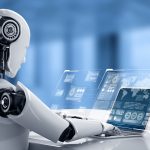How Artificial Intelligence is Transforming the Healthcare Industry: Examining the Benefits and Risks
The healthcare industry is undergoing a digital revolution. Artificial intelligence (AI) is one of the main drivers of this healthcare transformation, as it is being used to automate numerous processes, improve accuracy and increase efficiencies in healthcare. AI has the potential to revolutionize how healthcare is delivered, but with great potential comes great risks. In this article, we examine both the benefits and risks of AI in healthcare, and how it is transforming the healthcare industry.
The healthcare industry is constantly evolving and AI has become an integral part of this evolution. AI is being used to improve the accuracy of medical diagnostics, speed up the drug discovery process, reduce medical errors and improve the efficiency of healthcare delivery. For example, AI-based medical diagnostic systems can help doctors make better informed decisions, by providing them with more accurate and timely information than traditional methods. AI can also be used to streamline the drug discovery process, by analyzing large amounts of data and identifying promising compounds more quickly.
There are numerous benefits to using AI in healthcare. AI can help reduce medical errors, improve accuracy, and increase efficiency in healthcare. AI-enabled robots can be used to carry out tedious and repetitive tasks, freeing up doctors and nurses to focus on more important tasks. AI can also help reduce the costs associated with healthcare, as it can automate processes and reduce the number of human resources required.
However, there are also risks associated with AI in healthcare. AI systems require large amounts of data in order to be effective, and there is a risk of data breaches if this data is not securely stored and managed. Additionally, AI systems can be vulnerable to bias and misdiagnosis if they are not developed with appropriate safeguards. Lastly, the use of AI in healthcare can potentially increase inequality, as access to AI-powered technologies may be limited to those who can afford them.
Despite the risks associated with AI in healthcare, its potential to revolutionize the industry cannot be denied. AI has the potential to revolutionize healthcare delivery, by automating certain processes, improving accuracy and increasing efficiency. The use of AI in healthcare can lead to better patient outcomes, improved access to healthcare and cost savings. However, in order for AI to be successful in healthcare, it must be properly managed and regulated.
It is clear that AI has the potential to transform the healthcare industry, and that its benefits can outweigh the risks if it is applied correctly. In order for AI to be successful, it is important for healthcare organizations to ensure that data is securely stored and managed, that AI-enabled systems are developed with appropriate safeguards to avoid bias and misdiagnosis, and that access to AI-powered technologies is not limited to those who can afford them. By taking the necessary steps to ensure that AI is used responsibly and safely, the healthcare industry can reap the enormous benefits that it offers.




